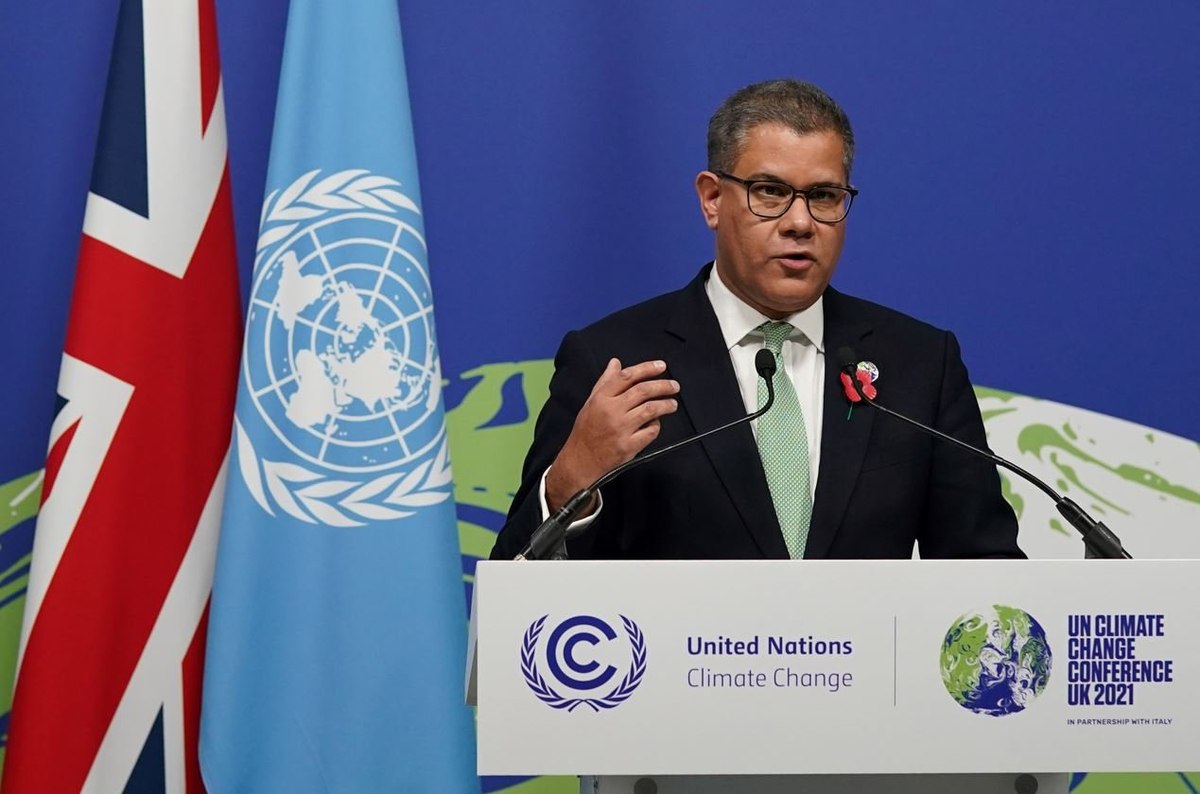Europeans want urgent action on climate change but remain committed meat-eaters and question policy proposals such as banning the sale of new petrol vehicles after 2030, according to a new research collaboration between the YouGov–Cambridge Centre and the Cambridge Zero intiative, which surveyed environmental attitudes in seven European countries, including Britain.
Read the full University press release here.
Results also give a sense of public attitudes towards the new environmental activism. Additional polling for the project at the start of September asked British voters two questions regarding Extinction Rebellion – one about methods, the other about message. On the former, a 53% majority said the methods used by the protest group generally go too far, compared with only 10% saying they got the balance about right and 7% saying they didn’t go far enough. On the latter, however, only 38% thought the environmental warnings of Extinction Rebellion generally overstate the situation, next to a combined 41% saying that they describe the situation about right (32%) or even understate it (9%). Hence, the balance of public opinion is against the group in their methods but with them in their message.
This suggests that groups like Extinction Rebellion and their more recent splinter group, Insulate Britain, face a delicate balancing act of their own in terms of public relations. On the face of these results, voters look eminently open to grassroots appeals for urgent action on climate change, whether rallies, sit-ins and maybe a certain amount of civic disruption. The most powerful protest movements, however, are those that ultimately manage to inspire and co-opt the wider population, creating a sense of social momentum that becomes impossible for the political centre to ignore. By contrast, acts of civic vandalism that specifically target the basic necessities of daily life are more likely to do the opposite, since by infuriating the public, they only make it easier for governments to ignore the message behind the action.
Other YouGov polling published over the past month suggests that Insulate Britain has certainly made little headway with voters so far: public opposition to the protesters’ course of action has climbed from 59% in September to 72% in October, while a clear majority (67%) say it hinders their cause. Such activism doubtless brings attention to the climate emergency. However, if environmental activists want significant impact on government policy, they may be wiser to treat the general public as a powerful asset, rather than collateral damage.
Results
YouGov-Cambridge European Environmental inc COP26
YouGov-Cambridge Extinction Rebellion
YouGov-Cambridge GB Recognition COP26
Image: Getty






